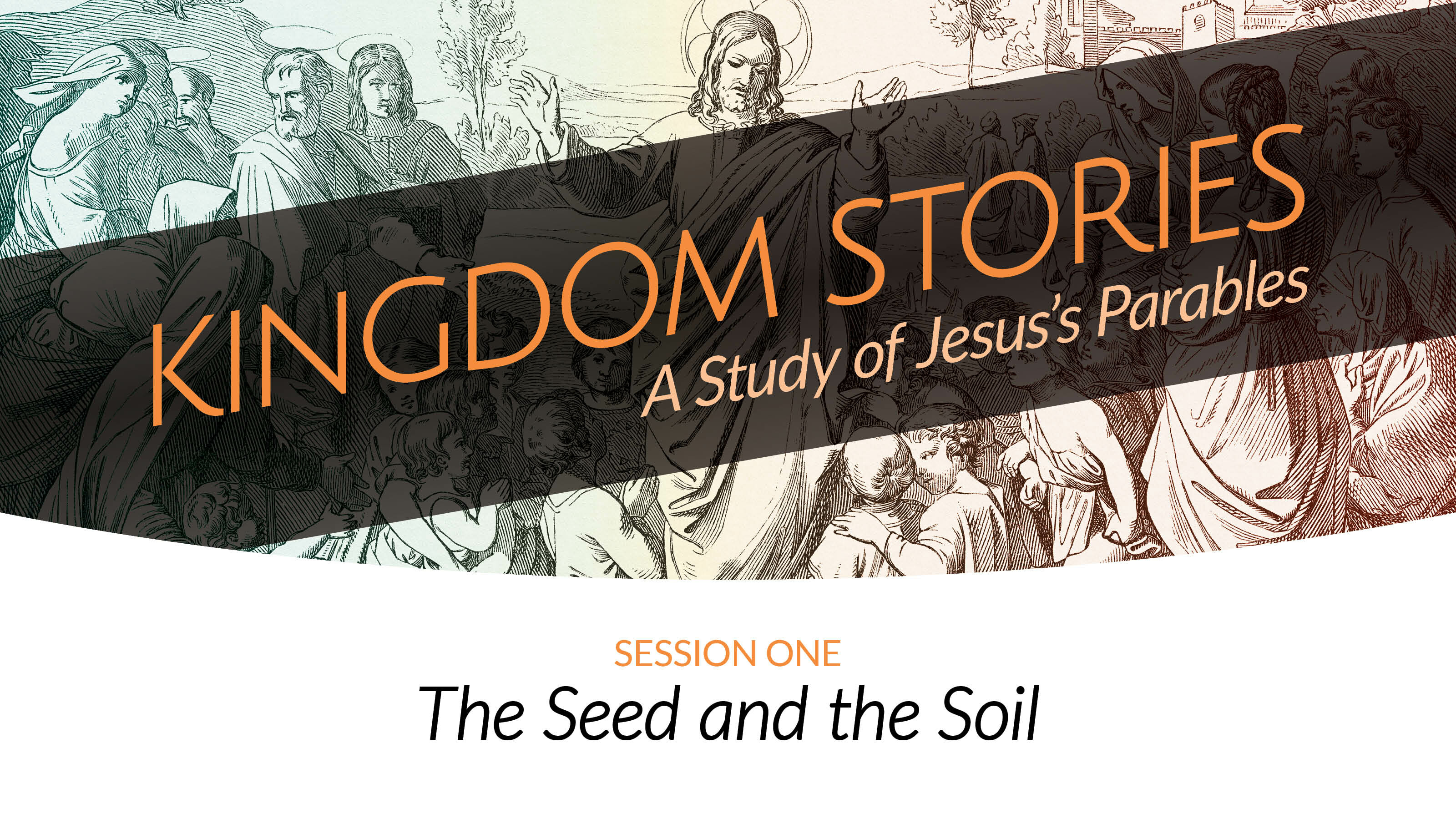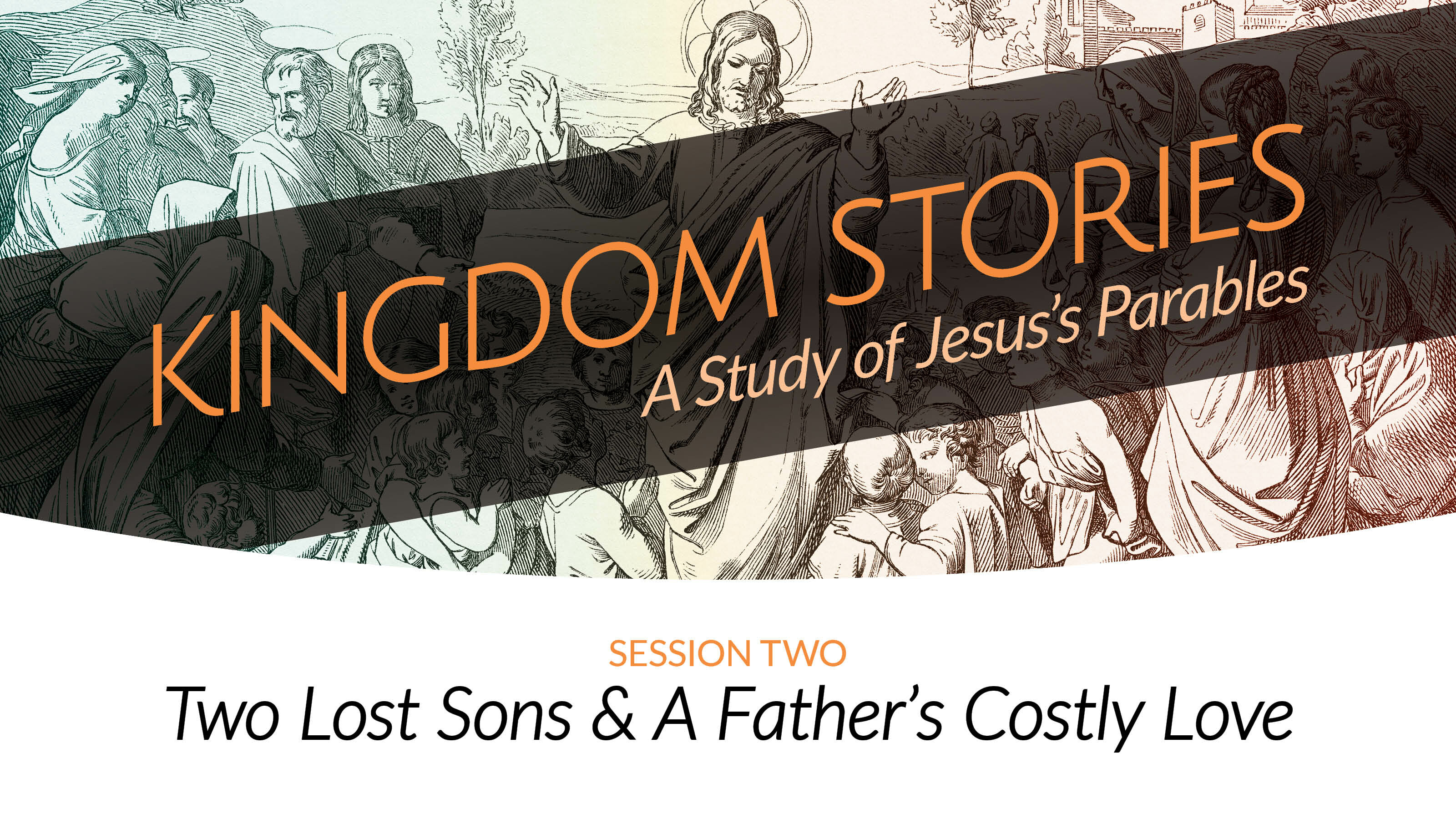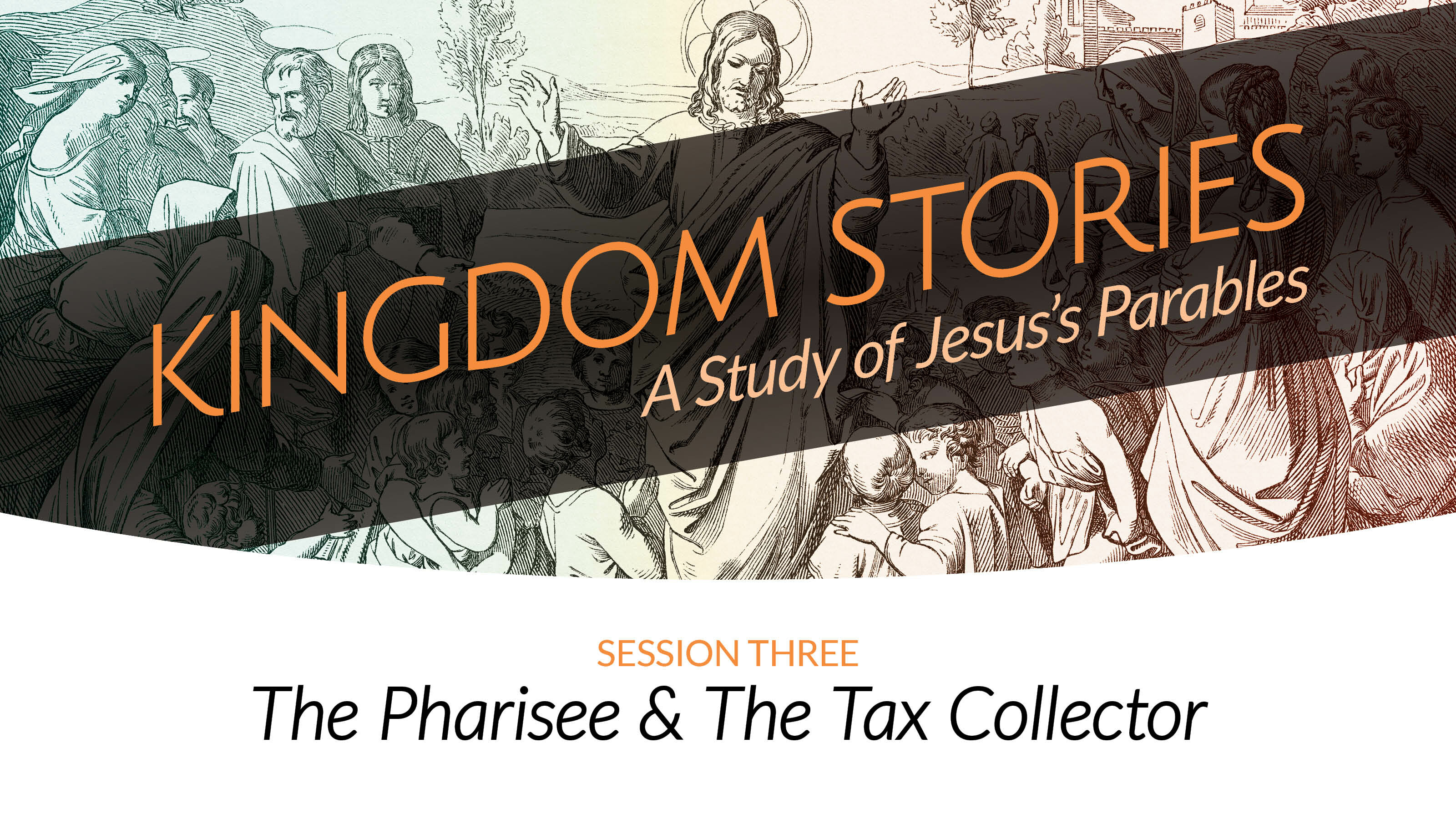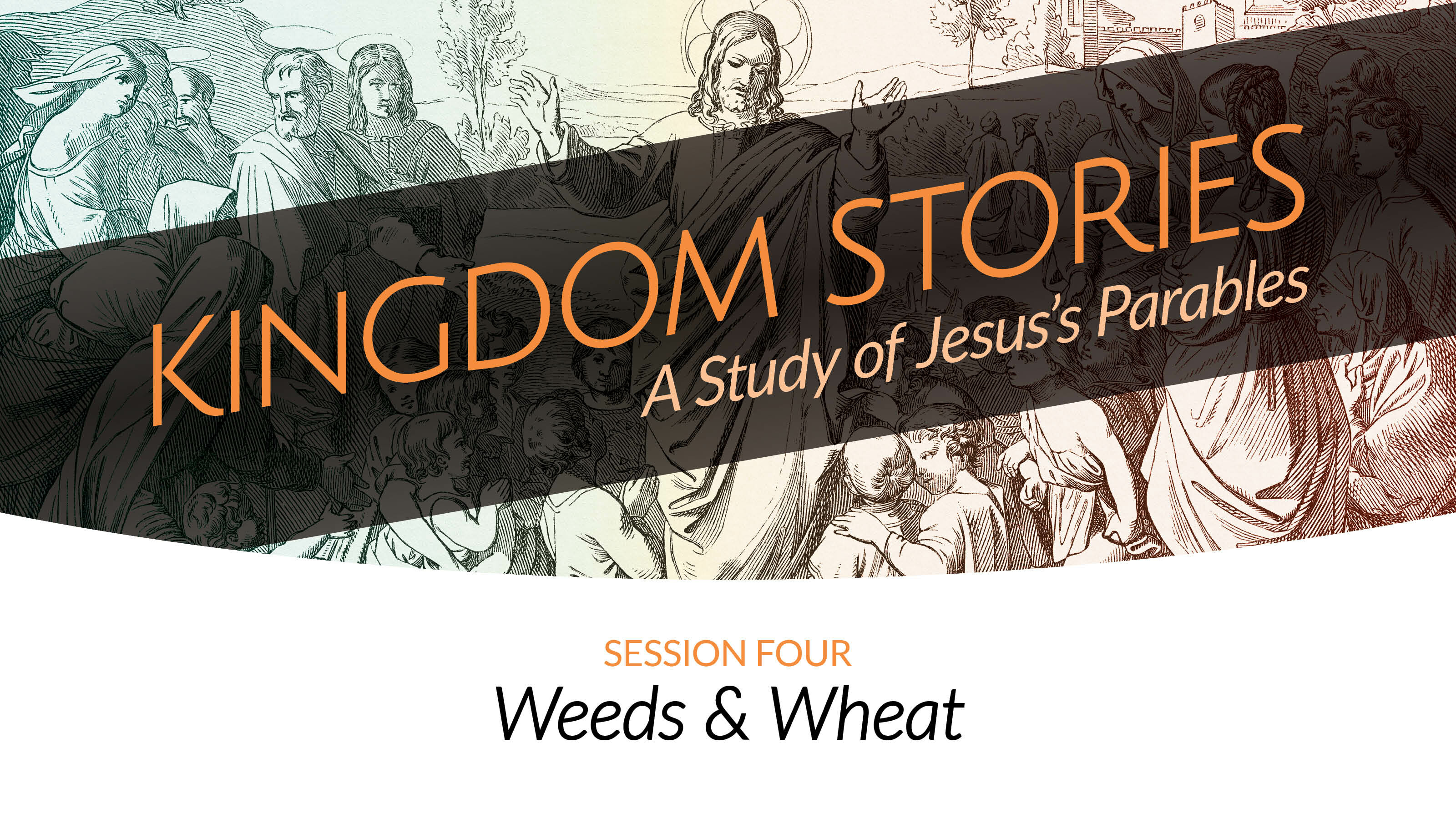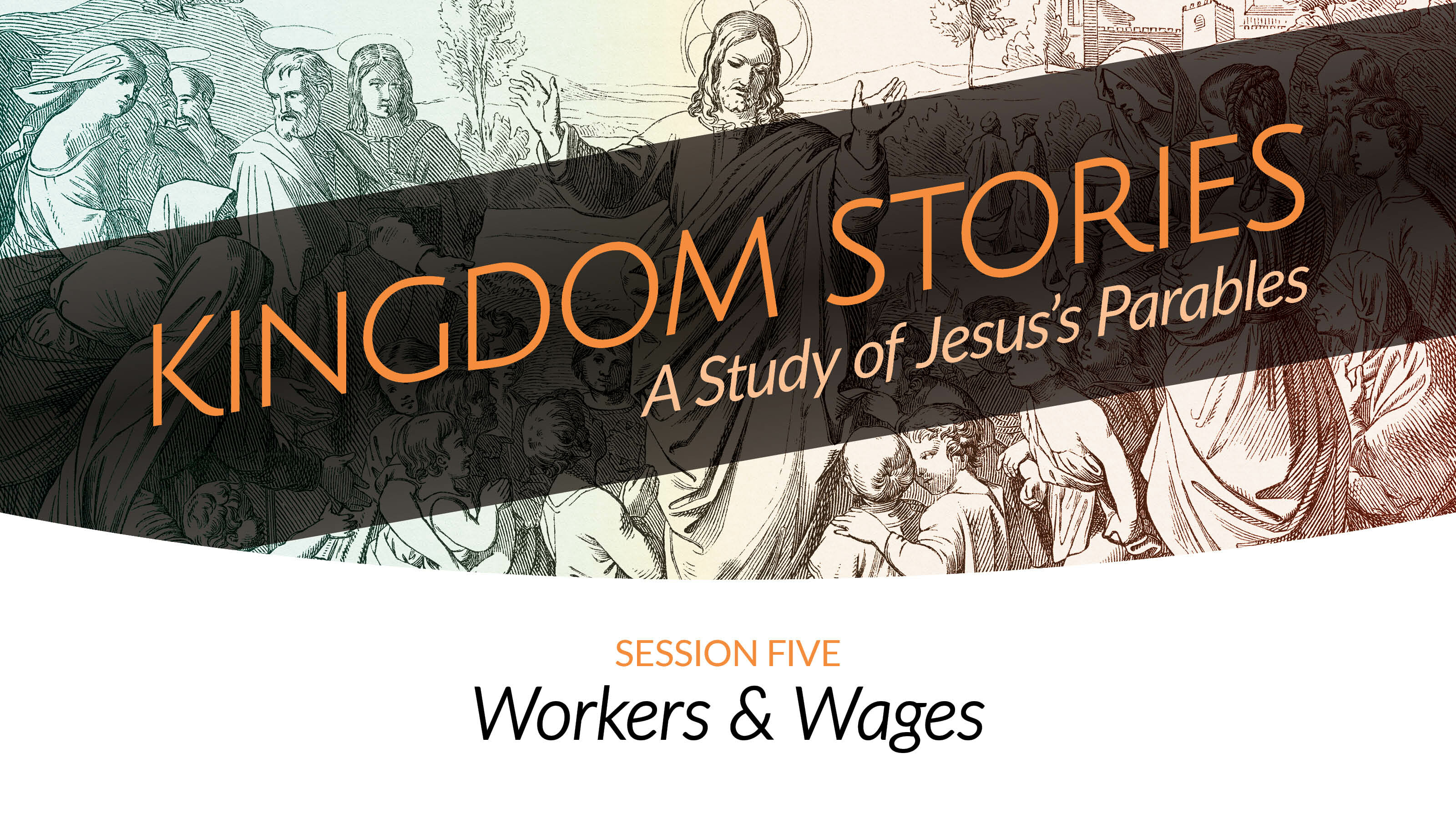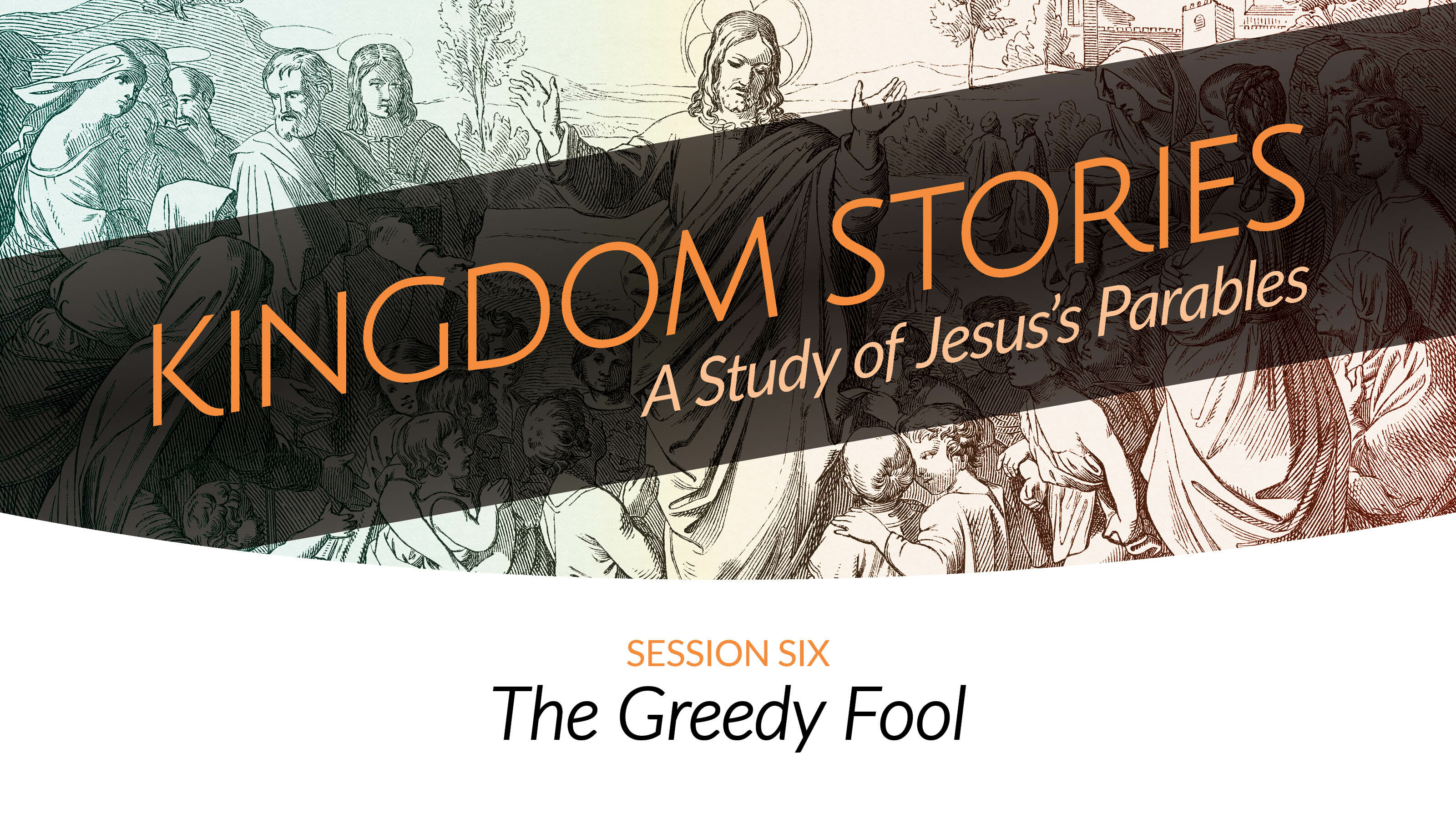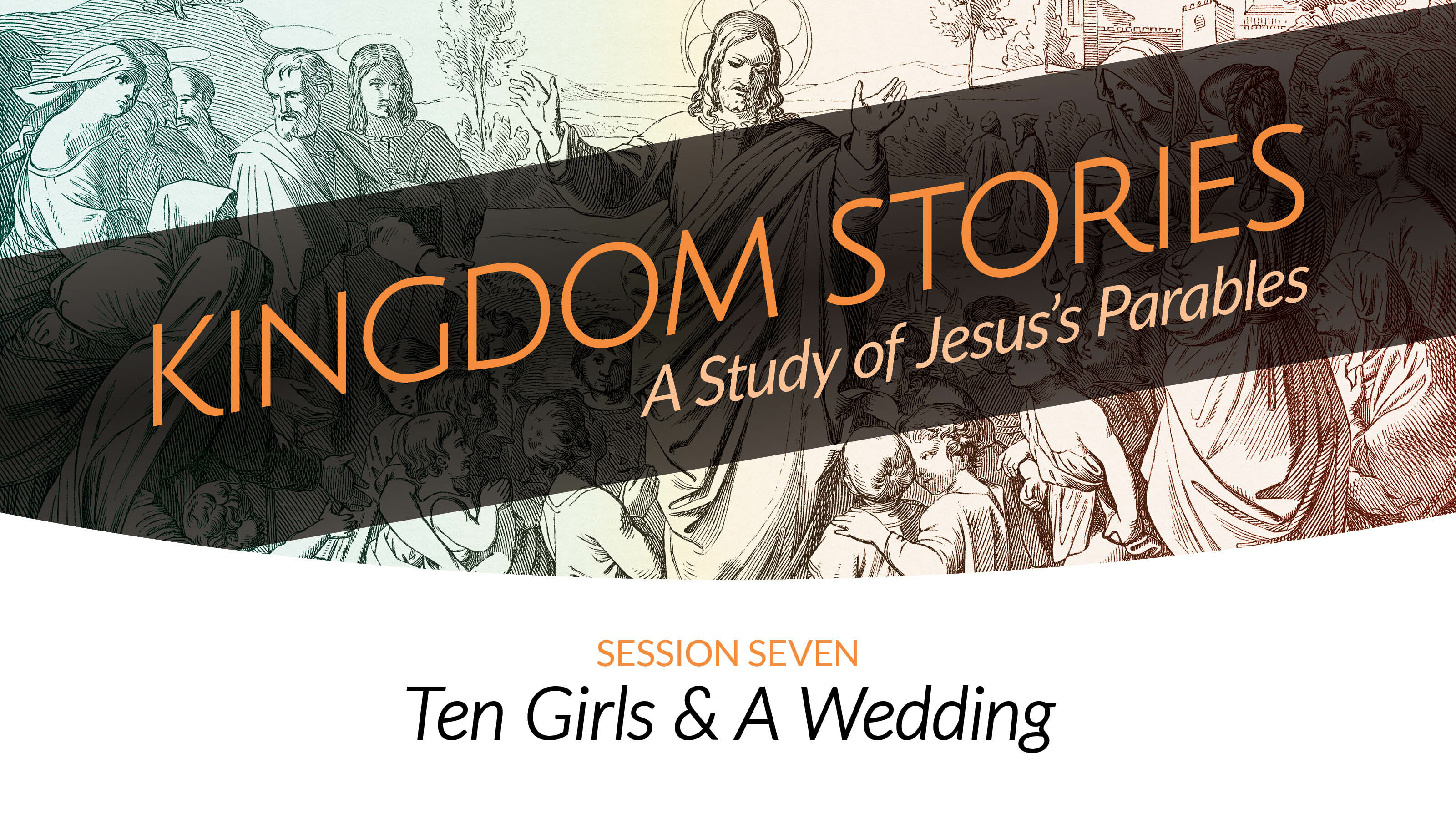Still can't find what you are looking for? Let us know how we can help.
Use the login below to access your InFellowship account.
Need an account?
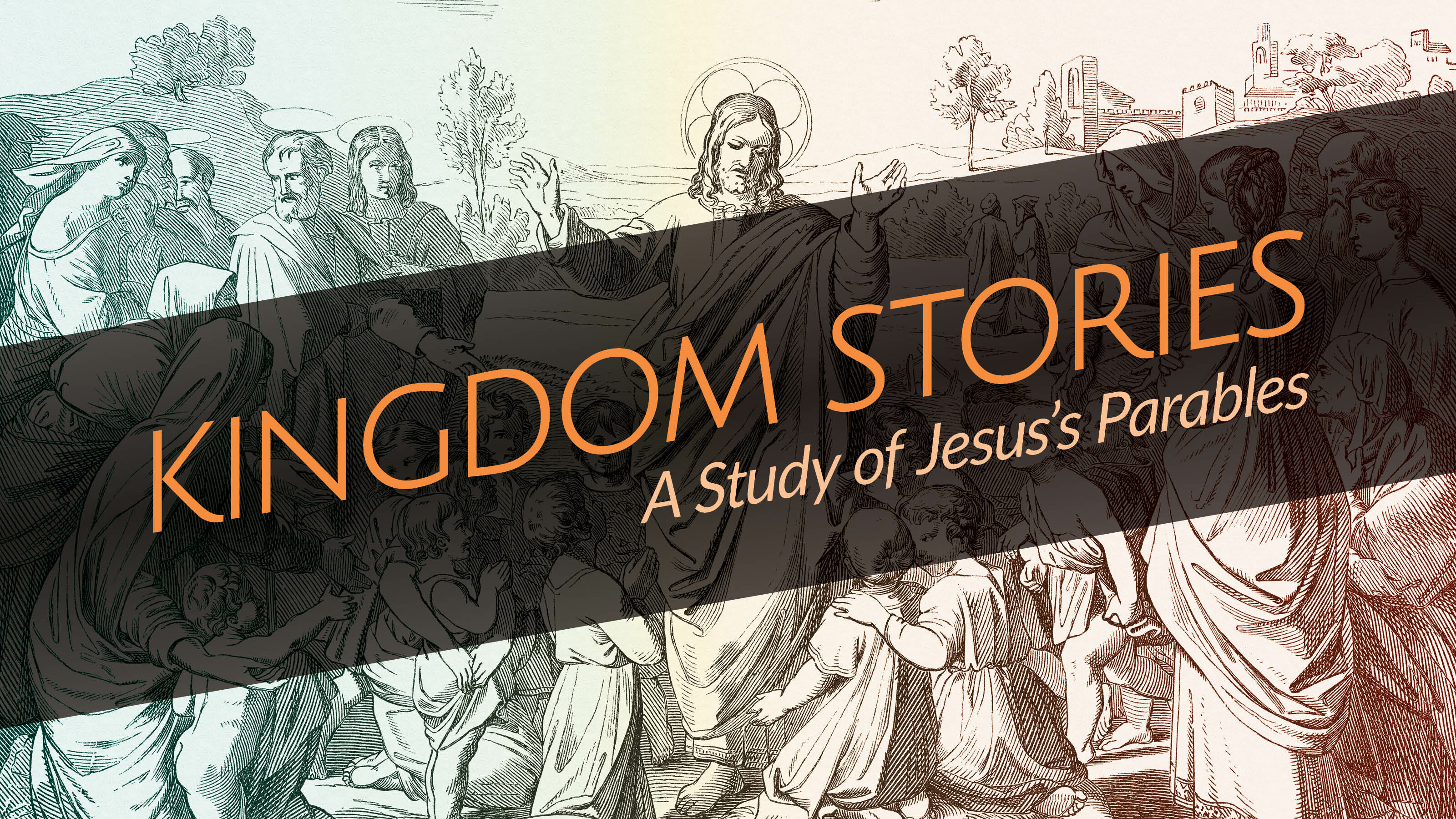
Study Description
Jesus talked about the Kingdom of God more than he talked about anything else. And his chosen method of talking about the Kingdom was to tell stories: stories about small seeds and big barns, lost sheep and found sons, arrogant Pharisees and humble tax collectors. Through these stories, Jesus told profound and often unsettling truths about the ways of God and life in his Kingdom.
Over the course of this study, we'll examine some of the greatest and most beloved of these parables and discover, once again, their simple but profound lessons.
Details
- Length: 7 sessions
- Teachers: The Rev. Dr. Jonathan Bailes
- Leader's Guide: Discussion questions are available for small group leaders.
Access Leader's Guide
Watch the Series
1. The Seed and the Soil
We begin with a discussion of the first of Jesus's parables in the Gospel of Mark: the seed and the soil. This story holds a truth of perennial importance about the powerful and productive word of God and the different ways that people respond, or fail to respond, to this word.
2. Two Lost Sons & A Father's Costly Love
In this well-known and beloved parable, Jesus describes two types of people: those who flee from God in a misguided quest for personal freedom and those whose attempts to obey God result in self-righteous resentment. Between them stands a father who loves them both with reckless abandon and who joyfully welcomes them home.
3. The Pharisee & The Tax Collector
We live in an age of contempt, and we're not the first society to feel such for those around us. Contempt was a common attitude in Jesus' own day, and in Luke 18, he tells a story that directly addresses this attitude. In this session, we'll explore what this story has to teach us about the gospel and our own feelings of self-righteous superiority.
4. Weeds & Wheat
The story Jesus tells about weeds and wheat growing together in a field has long provoked the interest of pastors and theologians, civic leaders and political philosophers. And for good reason. In this session, we discuss how this story reckons with the reality of ongoing immorality and injustice and helps us respond with both realism and hope.
5. Workers & Wages
Some parables seem designed to unsettle us, to directly conflict with our instincts about what is just and fair. In this session, we hear Jesus tell one such story about day laborers and their wages, and we reflect on the goodness of God and our own tendencies toward entitlement and resentment.
6. The Greedy Fool
"Greed is good," said Gordon Gekko, but Jesus disagrees and tells a story to illustrate why greed is not only bad, but foolish and irrational. In this session, we explore a parable designed to reveal the foolishness of greed and how easily it can take root in our own hearts.
7. Ten Girls & A Wedding
"He will come again to judge the living and the dead." When we recite the creed, we confess our belief in Jesus's return, but do our lives reflect that belief? Are we truly prepared? Jesus asks us as much when, in Matthew 25, he tells a story about ten girls waiting for a wedding party to arrive.
